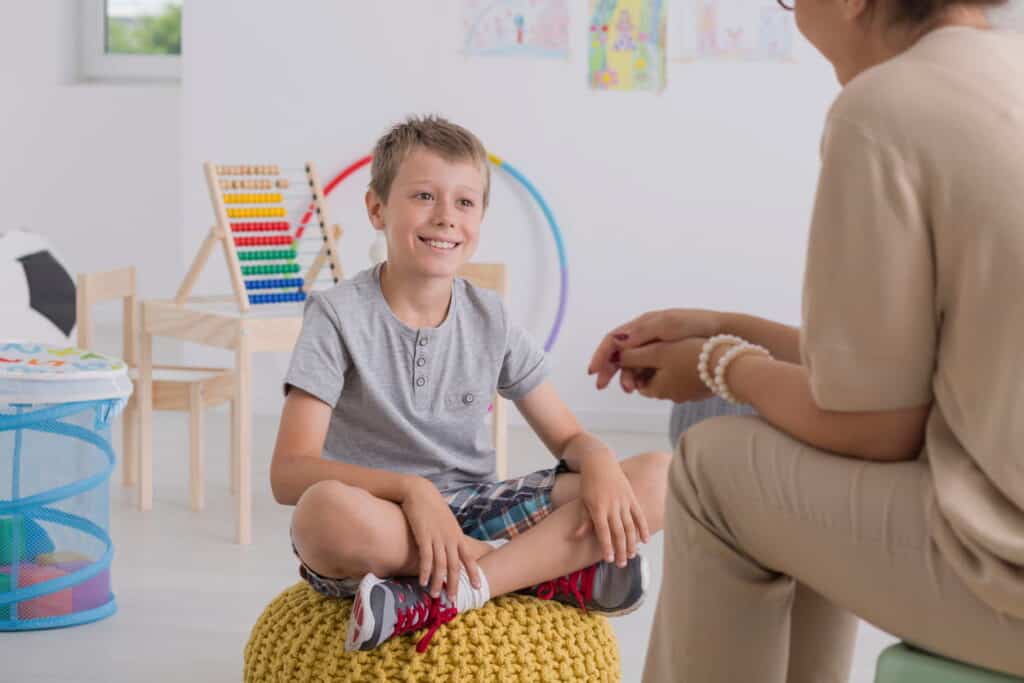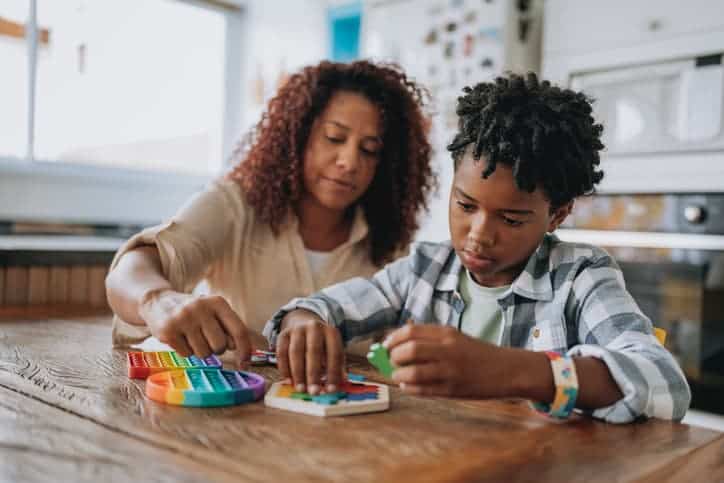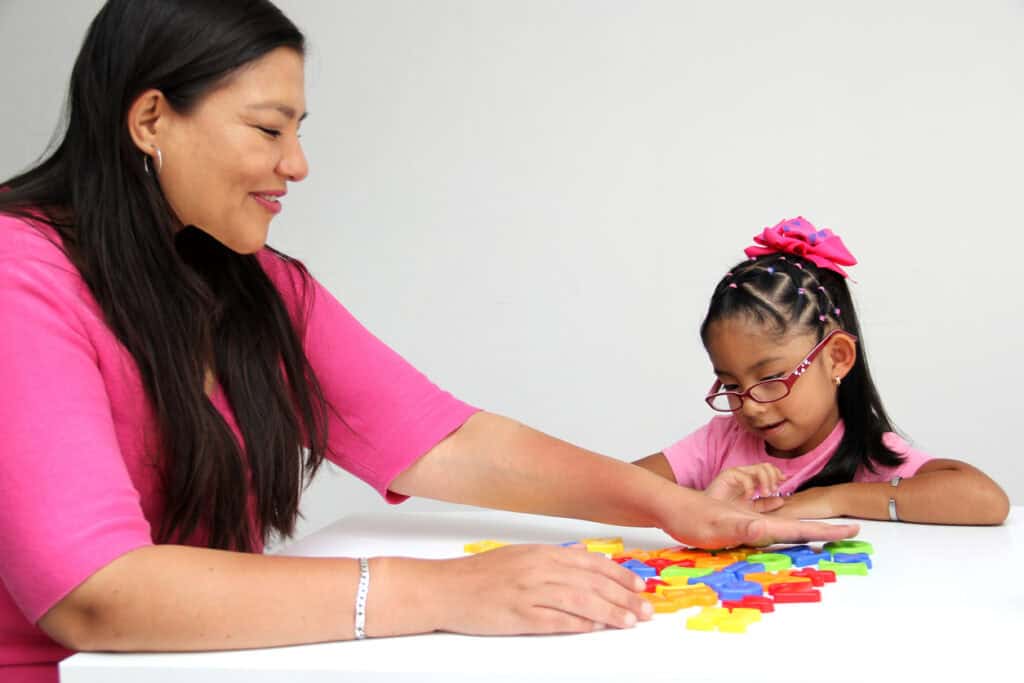Halloween is a time filled with excitement, costumes, and candy, but for children with ADHD, the chaos of the holiday can sometimes be overwhelming. With all the sensory stimuli, social interactions, and changes in routine, it’s important to plan ahead to ensure your child has a positive experience. By understanding their unique needs, you can help your child enjoy the festivities while managing any challenges that arise. Here are some practical tips for making Halloween fun and manageable for children with ADHD.
1. Choose Sensory-Friendly Costumes
For many children with ADHD, certain fabrics, tags, or tight-fitting clothing can lead to sensory overload. When selecting a Halloween costume, be mindful of how it feels against your child’s skin. Opt for soft, breathable materials that won’t irritate them, and try to avoid costumes with restrictive accessories like masks or hats that could cause discomfort.
If your child is sensitive to certain textures, consider letting them help choose or even design their own costume. This gives them a sense of control and ensures they feel comfortable. You could also opt for themed clothing like Halloween pajamas or a t-shirt that lets them participate without needing to wear a full costume.
2. Prepare for Sensory Overload
Halloween often means bright lights, loud sounds, and crowded spaces—all of which can be overwhelming for children with ADHD. Sensory overload can lead to heightened stress, anxiety, or meltdowns, so it’s important to create a plan in advance to help your child cope.
One way to manage this is by practicing mindfulness and calming techniques ahead of time. Deep breathing, squeezing a stress ball, or using noise-canceling headphones can all be helpful tools to have on hand. If you’re planning to attend a busy event like a Halloween party or trick-or-treating, establish a “safe space” where your child can take a break if the environment becomes too overwhelming.
3. Set Clear Expectations for Social Interactions
Social interactions during Halloween—whether it’s going door-to-door trick-or-treating, attending parties, or navigating new social situations—can be challenging for kids with ADHD. To reduce stress, it’s helpful to set clear expectations ahead of time about what they can expect and how to handle different situations.
You might practice how to greet people, what to say when trick-or-treating, or how to politely handle unfamiliar social cues. By role-playing common Halloween scenarios, your child will feel more confident and prepared. If your child struggles with waiting their turn or managing impulsivity, make sure to remind them of the importance of taking turns and being patient when collecting candy or interacting with others.
4. Keep the Evening Structured
Children with ADHD often thrive with structure, and Halloween can easily throw off their regular routine. To make the evening feel less chaotic, stick to a predictable schedule. Outline the plan for the night, including when you’ll start trick-or-treating, when it’s time to stop, and what the evening will look like once you return home. Knowing the plan in advance can help your child feel more at ease.
Additionally, be mindful of how much time they’re spending on Halloween activities. Overdoing it can lead to fatigue and irritability, so it’s a good idea to keep things brief if your child tends to become overwhelmed easily.
5. Manage Candy and Sugar Intake
One of the highlights of Halloween is, of course, the candy. But for children with ADHD, too much sugar can exacerbate hyperactivity, impulsiveness, and difficulty focusing. Before the night begins, set clear limits on how much candy your child can have during trick-or-treating and afterward.
You could even create a fun system for managing the candy. For example, allow them to trade some of their candy for non-sugary treats, small toys, or an extra activity of their choice. Another option is the “Switch Witch,” a character who takes extra candy overnight and leaves a special surprise in return.
6. Plan for Transitions and Downtime
Transitions can be difficult for children with ADHD, especially when moving from one activity to another. To help your child transition smoothly from Halloween fun to bedtime, give them ample warning when it’s time to start winding down. Let them know ahead of time when the evening will end, and offer plenty of reminders as the time approaches.
Consider incorporating some calming activities at the end of the night to help your child decompress. A warm bath, reading a favorite book, or spending a few quiet moments together can help ease them out of the excitement and into a more relaxed state.
7. Communicate with Teachers and Caregivers
If your child will be attending a Halloween event at school or another location, it’s important to communicate with teachers, caregivers, or other adults who will be supervising. Let them know about any sensory triggers, social challenges, or specific strategies that help your child manage their ADHD. This will ensure that everyone involved understands your child’s needs and can help them enjoy the celebration in a way that’s comfortable for them.
8. Celebrate Halloween Your Way
Finally, remember that Halloween doesn’t have to follow a traditional mold. If trick-or-treating isn’t your child’s thing, consider creating your own Halloween traditions at home. You could have a spooky movie night, decorate pumpkins, or bake Halloween-themed treats together. By tailoring the holiday to fit your child’s needs and preferences, you can ensure that they still get to experience the magic of Halloween in a way that works for them.
By following these practical tips, you’ll help your child with ADHD have a Halloween that’s both fun and manageable. Remember, the goal is to celebrate in a way that works for your family and your child’s specific needs.
If you’re looking for more personalized strategies to support your child with ADHD, Abbey Neuropsychology Clinic is here to help. Our expert team specializes in ADHD management and can provide tailored advice and therapeutic support to help your child thrive.
Book an appointment with us today to discuss how we can assist your family in navigating ADHD and making everyday experiences more enjoyable. Let us help you create a brighter future for your child—one step at a time.






